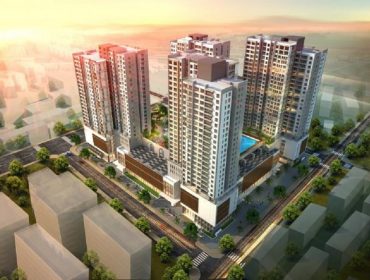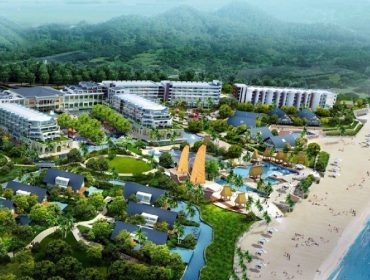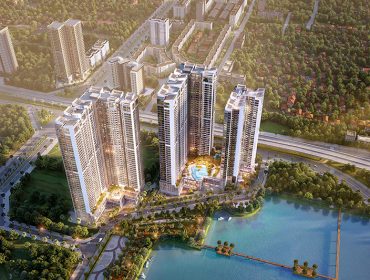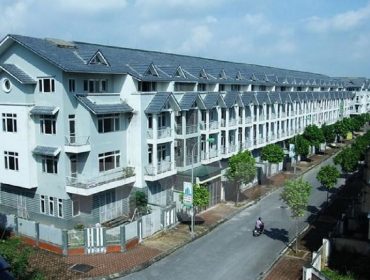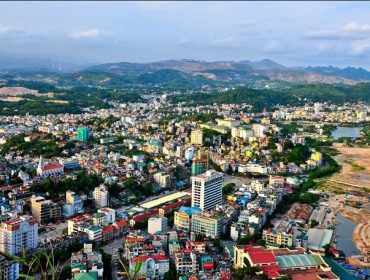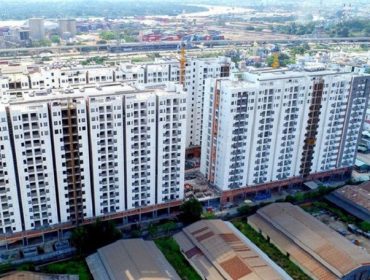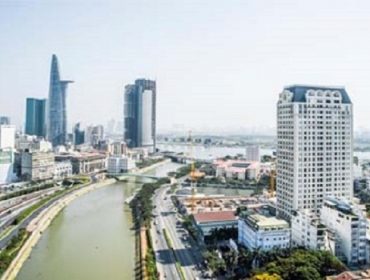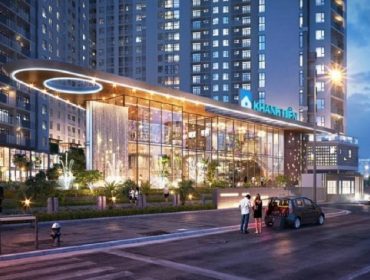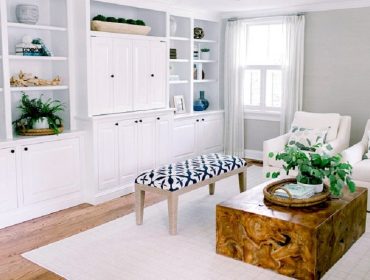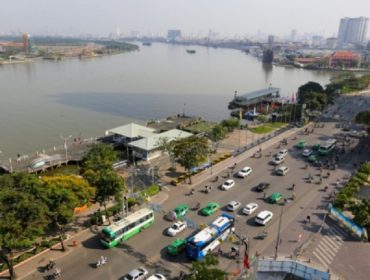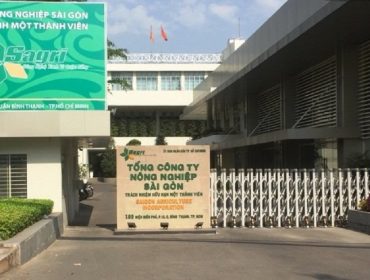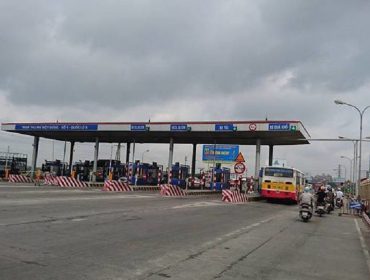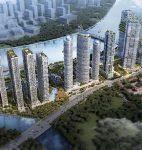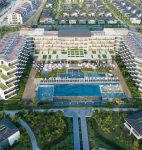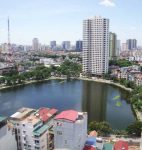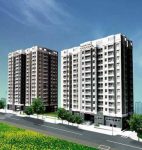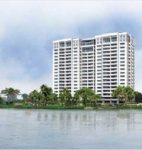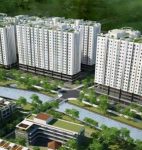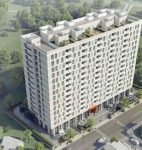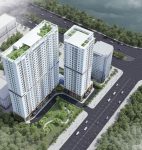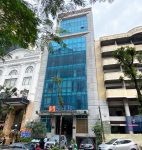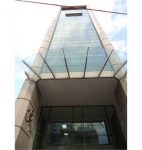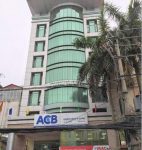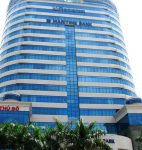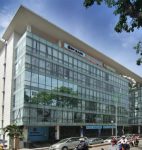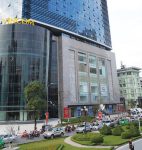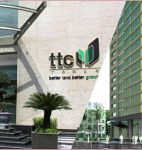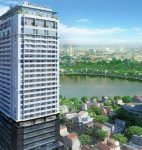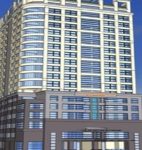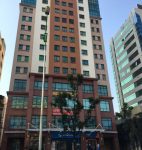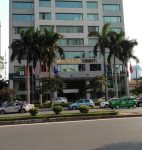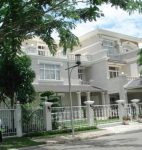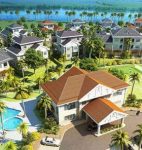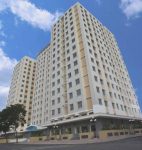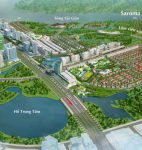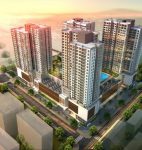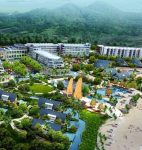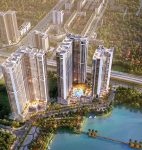Hotline:
(+84) 898 898 688Vietnam Real Estate Market: What Has Changed Since The Crisis 2010 – 2013?
Just a few years after the crisis of 2010 – 2013, the real estate market in Viet Nam is now witnessing a strong boom in the housing segment and the second house.
The real estate market of Viet Nam in recent years has recorded a change of pace. Even this speed of change has made the experts assess Viet Nam as one of the most dynamic countries in the region.
Matt Powell, director of Savills Hanoi, said: “This is a very exciting time for the Viet Nam real estate market. Over the years, this market has performed well in both quality and quantity. Large centers such as Hanoi and Ho Chi Minh City have recognized the development both in the number and size of housing projects. Central provinces such as Da Nang, Nha Trang… are emerging with a very attractive holiday segment”.
Witnessing the recent advances and looking back at the period of 2010 – 2013 when the Vietnamese real estate market fell into a state of the bubble, experts and developers have a question: “What has changed since the crisis 2010 – 2013? And what would make the boom of the real estate market different from the crisis bomb?
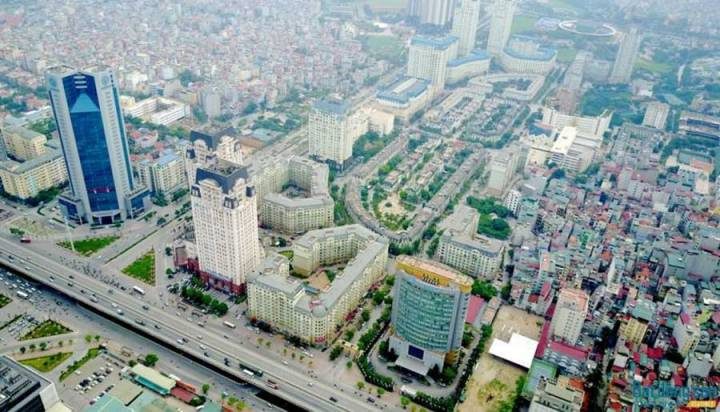
The real estate market in Vietnam has made many great changes
According to Duong Thuy Dung – CBRE Vietnam: “After the crisis of the real estate market, we have seen policies to encourage market and protect buyers of real estate has been the Government of Vietnam. For example, the provision requiring bank guarantees for housing development projects”.
Many barriers in policy to foreign investors in Vietnam have been removed. The most important thing is the market has been consolidated comprehensively, overcome the shortage of supply for certain product lines” Dung added.
Actually, the current picture of the real estate market seems pretty bright. Capital investment in real estate has increased by 12% compared to 2016.
In addition to the government’s tighter control over loan and interest rates, existing real estate projects are also of higher quality, barriers to homeownership for foreigners have been removed, many basic factors are an increasingly attractive investment …
Not to mention, real estate prices in Vietnam still show the undue attractiveness to investors. For example, in HCM City – the most expensive city in the country – real estate prices average just under $5.000 per square meter, much lower than other cities in Southeast Asia such as Bangkok, Jakarta or Singapore, Japan, Taiwan, Hong Kong, Korea – where investors are paying special attention to the real estate market in Viet Nam.
In the second home market, a luxury house with 4 to 5 bedrooms ranging from 800 to 1.000sqm in Da Nang, Nha Trang can make investors fall in price by 1-2 million dollars. And this price is still considered to bargain. For investors who want to buy real estate for rent, profit of 5 – 8% is also not a bad number.
In addition, infrastructure projects are also paid attention by the Vietnamese government to large-scale public transport routes in Hanoi and Ho Chi Minh City, new airports are being built and expanded in Da Nang, Phu Quoc, etc. It seems that there will not be any instability in the long run. And this is also the reason why Vietnam real estate is becoming more of a sure bet than an emerging market for foreign investors.
A significant change from the “dark period” of the Vietnamese real estate market is that today, businesses are increasingly focused on service and value added utility.
Businesses increasingly focus on developing projects in a more selective and intelligent way, serving customers with high-quality products rather than increasing the potential for market bubbles by jumping into the race to scramble cash from customers.
Mr. Chen Lian Pang, CEO of CapitaLand Vietnam said: “We strive to provide the best customer service through product innovation and service. A customer relations department has been set up specifically for the customers. It helps them to study each step of the buying process of a real estate, from payment procedures, unit transfers to product development”.
You can read more information at Vietnam Real Estate Investments
Another breakthrough of the Vietnamese real estate market in recent years has been the businesses focused on expanding the green building market. According to Melissa Merryweather, Chairman of the Green Building Council of Vietnam, green building projects have doubled every year over the past few years, with more than 100 projects being green building certificated or in progress certification completion.


Vietnam real estate market is gradually developing after the crisis
Although this is significant progress, it must be admitted that this figure remains a very small portion of the number of new construction projects nationwide.
The market is quite a strong speculation, many investors say they do not need the advantages that a green building brings. However, some mid-to-small developers have realized that green building is attractive to highly educated clients. So they used this factor to boost the market and increase sales” said Melissa Merryweather.
Answering the question “Where will be the future destination of the real estate market in Viet Nam” The researchers said that if the past years, Ha Noi and Ho Chi Minh City are the names are more attention to the project. In the coming time, the real estate market in Vietnam will be better known as the destination for investors in second homes.
Favorable business environment (the highest rating in the Provincial Competitiveness Index over the past four years) and lifestyle characteristics, with the most beautiful beaches, Da Nang has long appeared on the search radar of investors. This year, the central coastal city is also home to the APEC summit. It is an honor to bring Da Nang a golden opportunity to build its brand and attract large amounts of investment.
“Danang attracts both domestic and foreign customers for many reasons: young, dynamic, green, tourism prospects, modern infrastructure with improved connectivity, the variety of real estate products, attractive sales policy,” said Matt Powell.
Have the same opinion about this market, Hoi Cheung, co-founder of Hitchbird, an investor from Hong Kong, said “Da Nang reminds me of Phuket 20 years ago. Despite rapid growth, the city still has a lot of available lands and real estate prices are still very attractive”.
According to Rudolf Hever, director of Savills Hotels, Asia Pacific, said that along with Da Nang, places like Phu Quoc, Ho Tram, Ha Long, Quang Nam…. will witness a big wave in the second house segment in the next 3 years.
You are reading the article “Vietnam Real Estate Market: What Has Changed Since The Crisis 2010 – 2013?” in the Real Estate category at www.realestatevietnam.com.vn. Any information sharing, feedback please email to contact.vietnamrealestate@gmail.com, Hotline (+84) 898 898 688 (24/7).
Special thanks!

